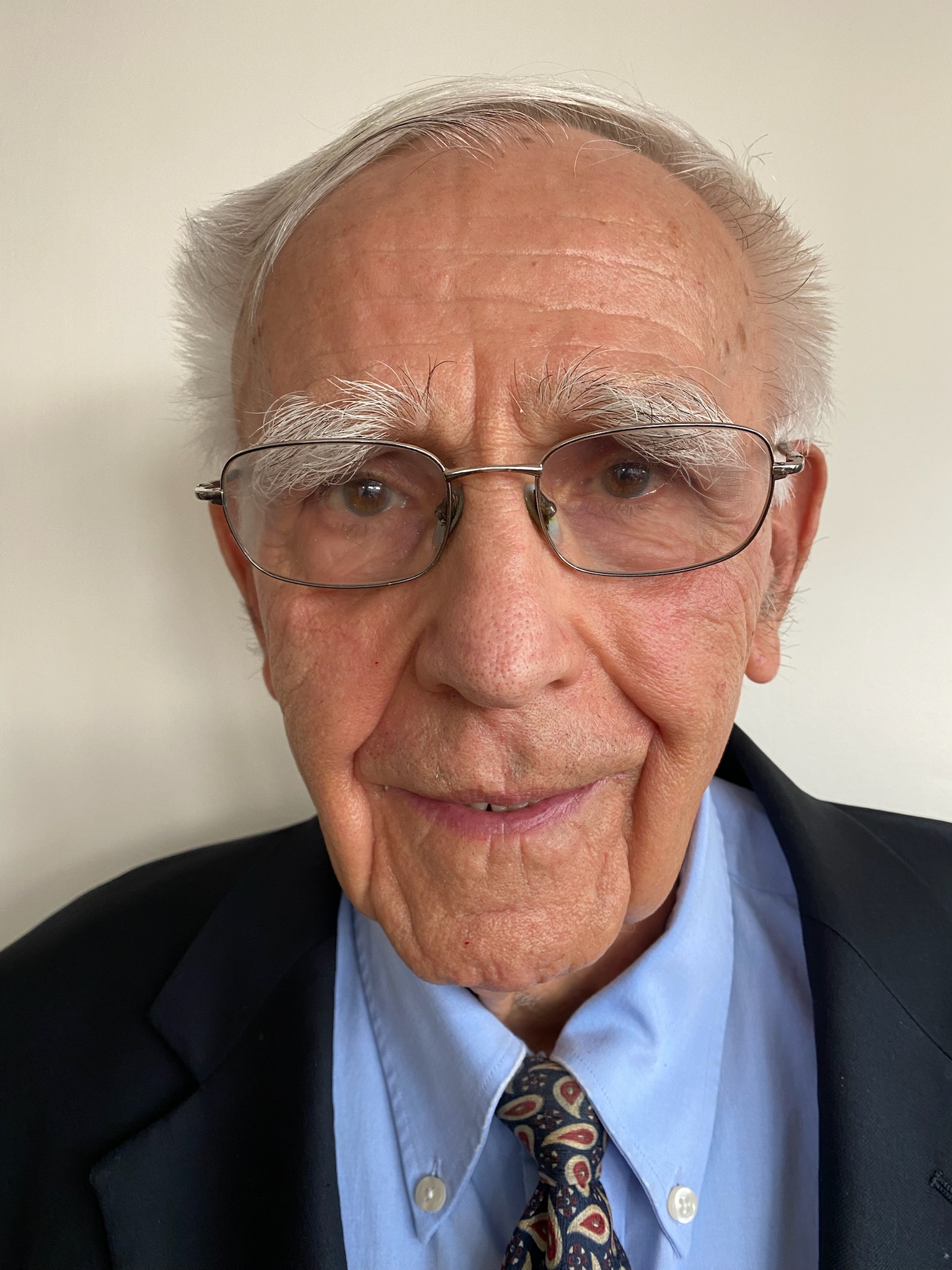Health Matters: Suggestions for New Year resolutions

In our last article, we discussed the three most important parameters of a lifestyle leading to healthy older age — nutrition, exercise and sleeping. Today we should talk about some other parameters that also play a significant role if we want to remain healthy to the end of a long life; in other words, to live longer and healthier. We will still die, we are not immortal. Some diseases, accidents and wars will still terminate our life. But older age alone should no longer be the cause of death.
Social interaction, having friends besides family, has biological value. It prolongs lifespan and decreases cognitive decline. Social isolation is associated with a 50% increased risk of dementia and also an increased risk of heart disease and stroke. Social isolation has a similar risk on the longevity of your health as smoking, obesity or physical inactivity. Your doctor or nurse practitioner could connect you with many agencies in your community to help you to stay away from loneliness and reconnect with others.
Attitude, whether you’re a pessimist or optimist, matters. Optimists have a glass-half-full outlook — their telomeres are longer, they live longer and they less often have cardiovascular and neurodegenerative diseases (Alzheimer’s and Parkinson’s). Two major studies, after setting controls for other health conditions like nutrition, sleep and exercise, have shown that optimists have a 15% longer longevity than pessimists. Optimists also handle stress better by choosing to pursue long-term goals rather than immediate rewards. Pessimists, on the other hand, generally have a shorter healthy lifespan, more depression and more cognitive decline. Also, pessimism weakens the immune system.

Brooklyn Boro
View MoreNew York City’s most populous borough, Brooklyn, is home to nearly 2.6 million residents. If Brooklyn were an independent city it would be the fourth largest city in the United States. While Brooklyn has become the epitome of ‘cool and hip’ in recent years, for those that were born here, raised families here and improved communities over the years, Brooklyn has never been ‘uncool’.